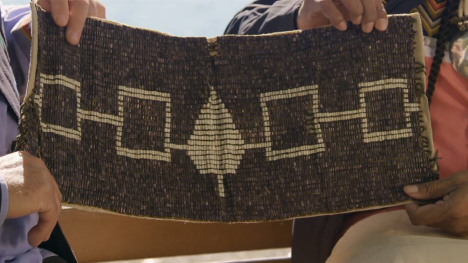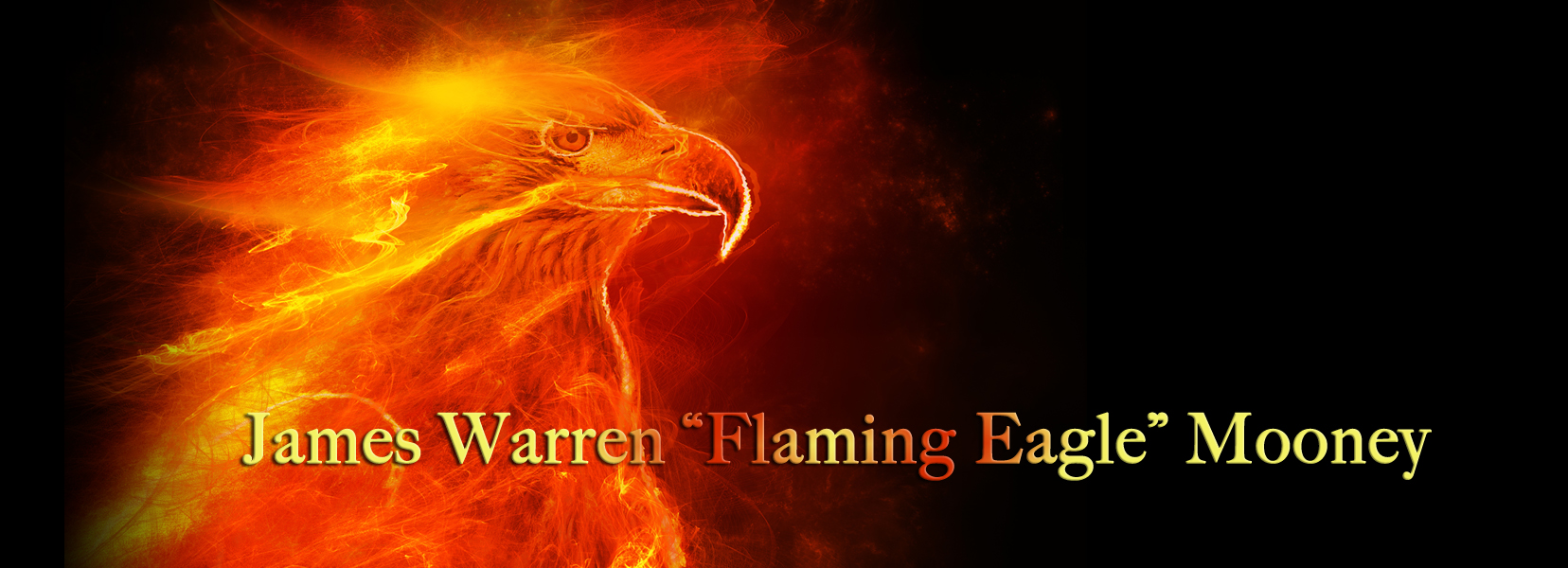How the Iroquois Influenced the U.S. Constitution
Long before there was any talk of a new nation or the creation of the United States government the Iroquois Nation wrote and ratified their Great Law of Peace. This document established a democracy between five Iroquois-speaking tribes—the Seneca, Cayuga, Oneida, Onondaga, and Mohawk. In 1722, the Tuscarora nation joined the Iroquois, also known as the Haudenosaunee. Together, these six nations formed a multi-state government while maintaining their own individual governance.
The Iroquois Confederacy is the oldest living participatory democracy on earth. Many came together, men and women, to write the principles that would unite nations in peace. Jigonhsasee was an Iroquoian woman considered to be a co-founder, along with the Great Peacemaker and Hiawatha, of the Haudenosaunee (Iroquois) Confederacy sometime between AD 1142 and 1450. Jigonhsasee became known as the Mother of Nations among the Iroquois.

WAMPUM BELT DEPICTING THE FIVE NATIONS OF THE GREAT LAW OF PEACE.
When the delegates to the Constitutional Convention met in 1787 to debate what form of government the United States should have, there were no contemporary democracies in Europe from which they could draw inspiration. The most democratic forms of government that any of the convention members had personally encountered were those of Native American nations. Of particular interest was the Iroquois Confederacy, which historians have argued wielded a significant influence on the U.S. Constitution.
In 1988, the U.S. Senate paid tribute with a resolution that said, “The confederation of the original 13 colonies into one republic was influenced by the political system developed by the Iroquois Confederacy, as were many of the democratic principles which were incorporated into the constitution itself.”
The Iroquois Confederacy was in no way an exact model for the U.S. Constitution. However, it provided something that the writers of the constitution couldn’t: a real-life example of some of the political concepts the framers were interested in adopting in the new nation. The influcence of the Native Americans on our current government is in stark contrast to the way the U.S. government reciprocated by attempting to exterminate the native population.
